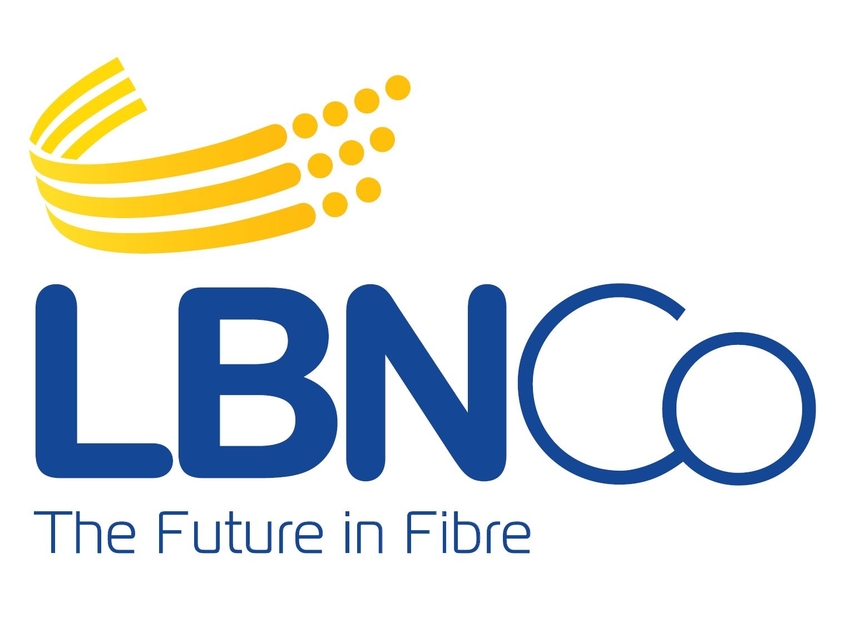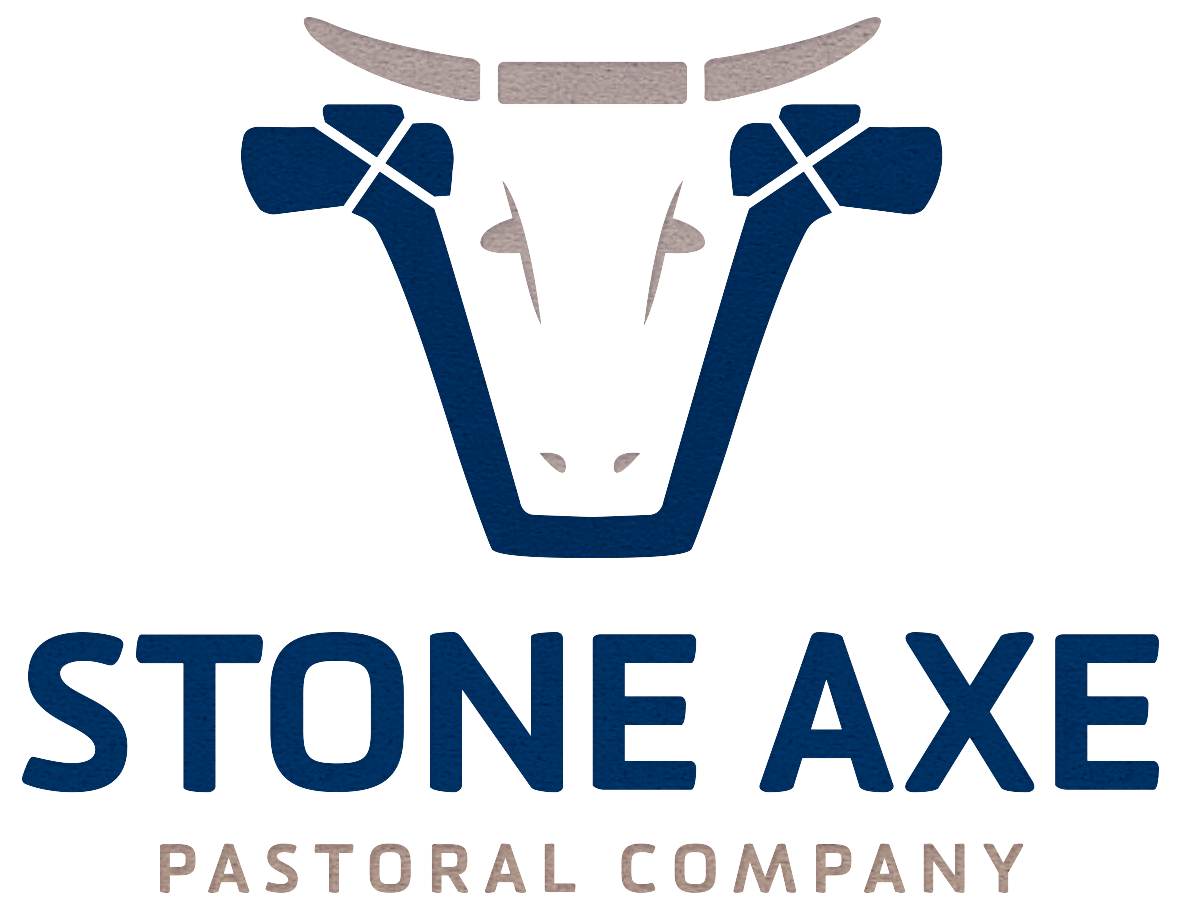Anna Ellis: So, Brad now turning to you. You've got a bit more of a focus on the food and agricultural space. So, thinking about the factors impacting that sector, what are you seeing over the next six to twelve months playing out?
Brad Mytton: Yeah, one of the interesting things coming through at the moment is that generational trap change going through and sort of direct, you know food and angry businesses in Australia. I've been talking about that for a long time that it's coming and it feels like it's well and truly upon us now. So that's great for us opens up the opportunity for partnership style deals with successful founders to step back, either to a director role or fully retire spend some more time with their family. We can come on and come in and carry on the legacy that that business is no doubt sort of got in place. One of the things we're mindful of is making sure we're not throwing out that family culture in some of these organizations. So taking successful family businesses on that corporatization journey is a big part of the value add that we provide and we've had some good feedback from existing portfolio companies in that regard.
What we tend to see is, those small, successful family operations morph into small corporates, which over time should have grown to large corporates and we can sort of help in that transition. So sort of big part of our value add.
That's something that we expect to continue into 2023 and something we support but probably the biggest one for me in terms of the overarching theme where the markets up to and where the next few years actually will carry on is just that corporatization of food production. It's actually a global trend I'd say that Australia is 10-15-20 years behind the US in terms of that corporatization journey. Again, we can get in behind companies, add value to them on that journey and it's a great place for our capital to be involved. Taking a longer-term view, there’s clearly pressure on the planet in terms of its ability to produce food populations growing quickly. Access to clean water and available land is becoming more challenging. So, some institutional capital coming in to make sure that we are investing in technology investing in efficient farming practices is a big part of what we do.
Geopolitics is another big one obviously, most notably the Ukraine situation, in terms of its overlap with what happens with Australian grain farmers. The Black Sea region both Ukraine and Russia itself, are massive exporters nowadays. It's been a big shift over the last 15 or 20 years to them sort of, effectively setting that export market for grains. So that's relevant because grain production is such a big part of the Australian sort of agri scene. Prices are exceptionally high at the moment mainly on the back of that conflict and those sort of tens of millions of tons being held up imports over there. The cost of farm imports is also incredibly high at the moment softening slightly, but incredibly high so all of those things influenced by the geological situation, in the Ukraine.
Then there's been so other recent trade tensions with China, all of those things impact the ability of our food production strategies, they sort of staying close to those incredibly important.
Lastly climate change, it's the elephant in the room, always. It's how we're behaving in those situations. Carbon pricing has been stubbornly flat for a while. I think the world is structurally short carbon and as more and more companies and consumers need to get on board with what they're doing around carbon and they're sort of climate change mitigation strategies. I think that all seen the boost up.
So what we're seeing in that area is just a huge amount of activity. That's probably the last six months going into 2023, expect that to accelerate further just a number of opportunities that we have to get in behind projects that are basing carbon or have some other carbon mitigation strategies is just huge, clearly long overdue. But that is well and truly upon us now. So I expect a lot more activity both within our existing portfolio, as those companies achieve all they can achieve with that carbon abatement as well as the opportunities coming in the door.
Anna Ellis: Brad specifically the link between sort of agriculture and land and some of these projects. How does that work? And how does our capital get involved in that?
Brad Mytton: Yeah. It's a nascent area but having the depth of knowledge of some of our team in that area has been really helpful for some founders. So, mixed farming, property might have a carbon project on there that can be hugely additive both to the agri production, but also providing an additional carbon revenue stream, which is, having been through the numbers a lot of projects, it's surprisingly meaningful how much that how much that carbon revenue you can actually add to return. We see that as a great opportunity, for us I think that land prices are in some areas are actually starting to go up on the basis of potential carbon revenue coming back. So sort of factoring all of those things in knowing where to play in that market, sort of backing the guys who are already up curve on that, to grow what they're doing is a big part of what we do where our capital plays.
Anna Ellis: Perhaps Brad a slightly sort of different approach but thinking about the role of capital private markets in agriculture sort of 2023 and beyond, how are you seeing that?
Brad Mytton: I think people accept that food and agri does well in an inflationary environment and where actually seeing inbound investor interest, for that specific reason. So that's something that we sort of focus on. I think that comes in two parts, one our branded premium food products in our existing portfolio of successfully managed to push pricing, during the last 12 months say so, there's probably more of that to come. This cost pressures continue both imports as well as labor. The ability to have the product that can sustain price increases is a really big part of our branded food strategy and something we focus on, something we work with our portfolio companies on to make sure we're not sort of missing an opportunity to actually advance sale prices for our good. So that's a big part of it, the other leg for inflation resilience in our more asset heavy businesses is actually what land prices are doing, you know Agri land prices are doing so. For a big chunk of Australia agri land values are up 20% last year. So just a staggering sort of increase, that all naturally have to moderate, over the next year or so. We sort of fully expect that we don't actually expect a reversion of it. What's tended to happen historically to be a number of years of a pretty significant ramp up followed by a period of more modest growth or flat land values. That's underpinned by some of the stuff we talked about earlier around Russia and sort of grain pricing in international beef pricing for the craziest and the like so, we see continued momentum in our existing portfolio on the basis of those sort of asset games, improving as we as we go through. Food security is another thing that investors are talking to us about so how can we use our capital to promote that Australia's obviously has the ability to feed multiples, of the number of people here. We're always going to be a large export player. We like balancing the domestic exposure with a significant export business as well. So we're getting a lot of inbound calls really started start of at the start of covid and sort of continued all the way through around mainly Middle Eastern and some Asian groups talking about food security much more than they had in the past. So as we think about what can we do with that inbound interest it's we've got a maturing portfolio now and which businesses are we finished our corporalization journey that we sort of talked about before have we sort of done what we need to do with some of these businesses to them pretty present them to market. So we've got a couple of great candidates coming down the pipe of businesses that'll be really relevant to offshore investors.
And then lastly again just going back to climate change, such a big driver of things. We're actively working with our portfolio companies. Now, what tangible steps, what tangible projects can we actually sink our teeth into to show that we are doing as much as we can. Stone Axe Pastoral Wagyu business for example, we're looking at methane reduction strategies at the moment, as well as carbon storage facilities. Carbon storage through planting trees and the like and store carbon in our Lachlan River almonds business, we're doing biodiversity with biodiversity projects by diversity corridors being set up there as well as actually recognizing the carbon stored are now very young trees as they as they mature. And then also some regen farming, farming practices already in place for a lot of our more savvy farmers. So particular Stone for a business in particular our irrigated cropping development play Murray River Land Company. So guys that are already at the front of the curve already making these really positive steps on that side. I guess, showing our support for what they're doing and so getting in and getting behind it. Again, that beneficial relationship between the carbon story if it's all carbon or other things of the beneficial relationship between that to Agri production as well as the additional revenue stream makes it such a no brainer to get in behind and the more projects that we can have our portfolio doing that actually, you know call carbon out of the atmosphere that the better we’ll all be.
Anna Ellis: Yeah some pretty chunky trends there that can play out for quite a few years. Thanks Brad.




